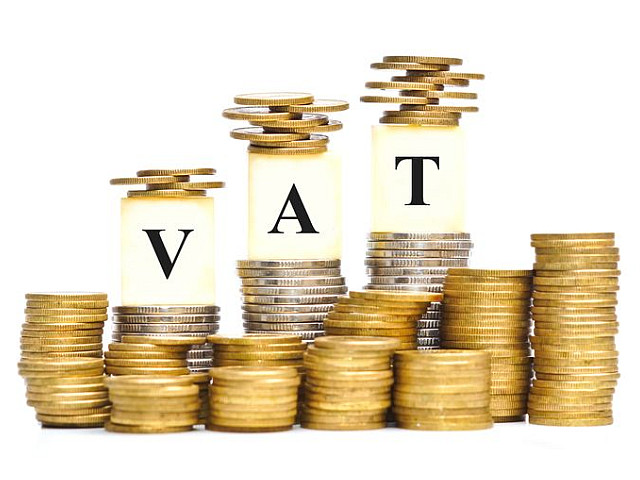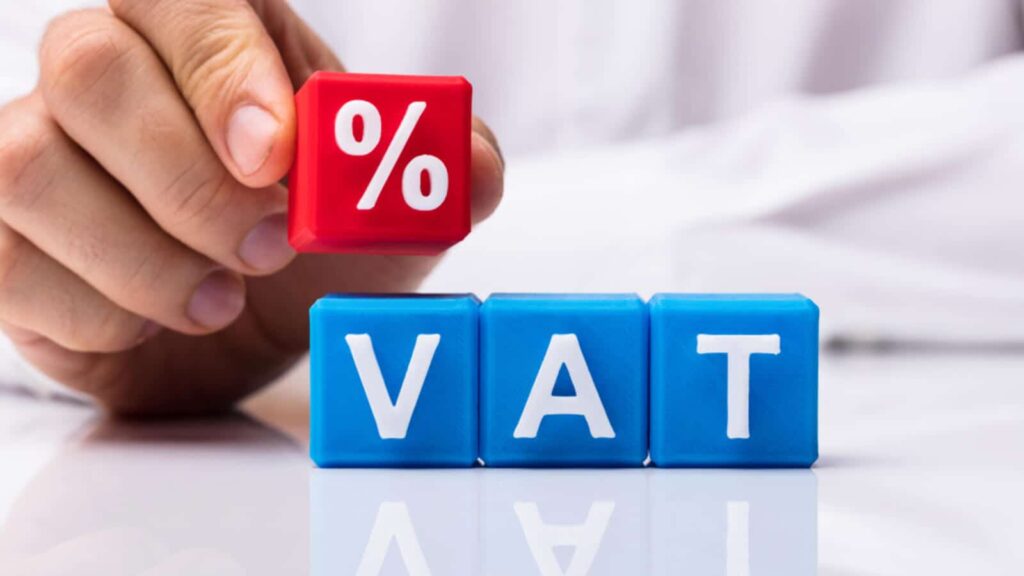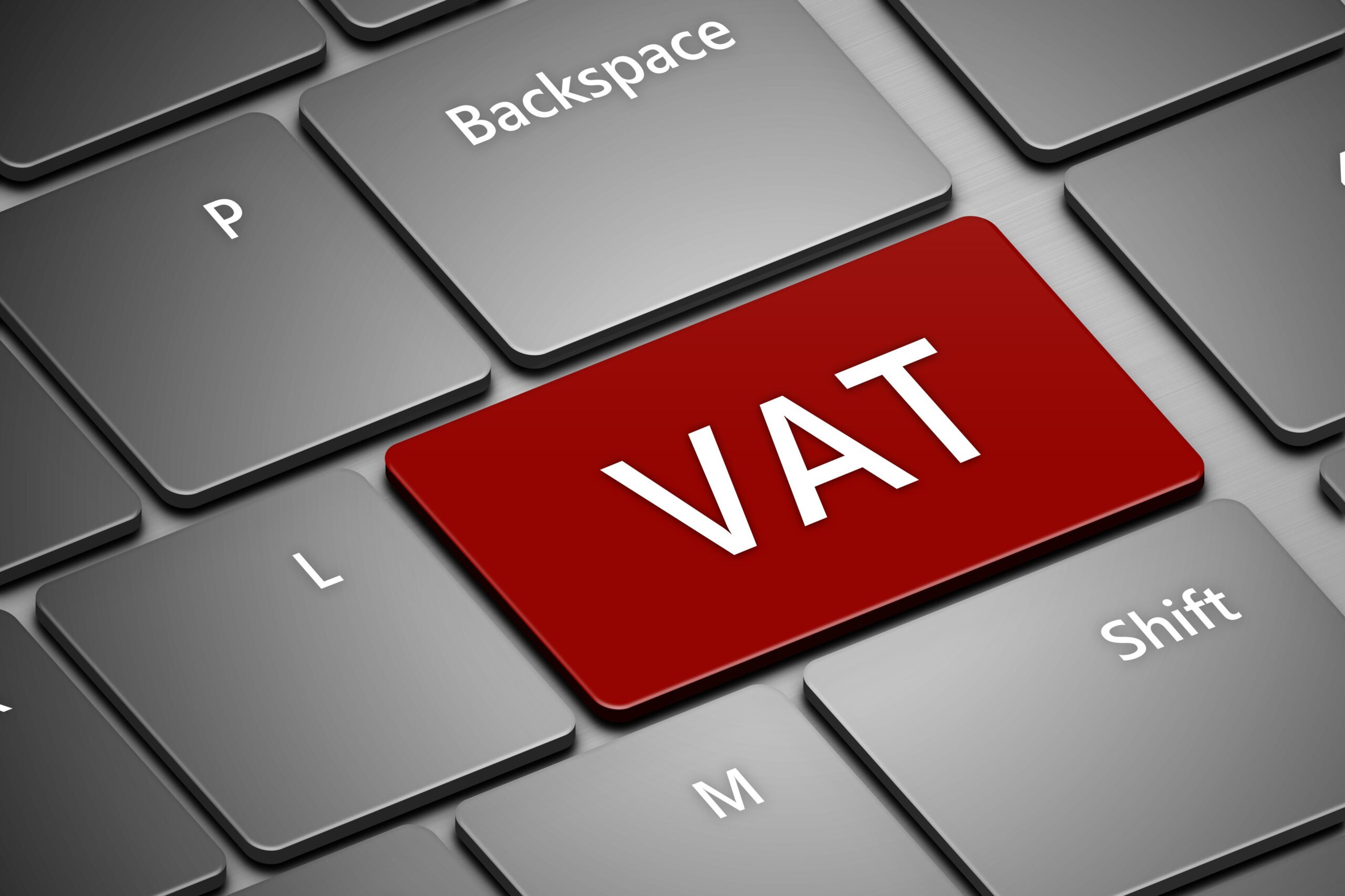Introduction
In today’s global economy, businesses in Dubai need to navigate the complex landscape of Value Added Tax (VAT) to ensure compliance and avoid penalties. This comprehensive guide will walk you through the step-by-step process of VAT services in Dubai, providing valuable insights and expert advice for Dubai businesses. Whether you are a small start-up or a large corporation, understanding VAT regulations and implementing proper procedures is essential for sustainable growth and financial stability.

Understanding VAT Services in Dubai
Dubai’s VAT system was introduced on January 1, 2018, in alignment with the United Arab Emirates’ VAT law. VAT is a consumption-based tax imposed on the supply of goods and services at each stage of the supply chain. It is collected by businesses on behalf of the government and must be remitted periodically. VAT services in Dubai encompass a wide range of activities, including registration, tax calculations, filing returns, and compliance with VAT regulations.
Why is VAT Important for Dubai Businesses?
VAT plays a crucial role in Dubai’s economy as it contributes to government revenue, which in turn funds public services and infrastructure development. For businesses, VAT compliance is essential to maintain credibility, avoid legal issues, and preserve customer trust. Non-compliance can lead to hefty fines, reputational damage, and even legal consequences. Therefore, understanding and effectively managing VAT services is vital for the success and growth of Dubai businesses.
Who Needs to Register for VAT in Dubai?
All businesses in Dubai with an annual turnover exceeding the mandatory threshold of AED 375,000 are required to register for VAT. However, businesses with a turnover between AED 187,500 and AED 375,000 have the option to register voluntarily. This voluntary registration allows smaller businesses to benefit from VAT recovery on their purchases. It is important to note that even if a business is not required to register, they should keep track of their turnover and register once the threshold is met.
How to Register for VAT Services in Dubai?
Registering for VAT services in Dubai is a straightforward process. Businesses can register online through the Federal Tax Authority’s (FTA) e-Services portal. The following steps outline the registration process:
- Create an account on the FTA portal by providing the necessary details.
- Submit the required documents, such as trade license, memorandum of association, and other supporting documents.
- Provide accurate information regarding the business activities, turnover, and expected taxable supplies.
- Await approval from the FTA, which typically takes around 20 business days.
Once the registration is approved, businesses will receive their VAT registration certificate, enabling them to proceed with VAT compliance.
Understanding VAT Calculations
How is VAT Calculated?
VAT is calculated based on the value added at each stage of the supply chain. The standard VAT rate in Dubai is 5%. To calculate the VAT amount, businesses need to follow these steps:
- Determine the taxable supplies made during the tax period.
- Multiply the taxable supplies by the applicable VAT rate (5% in Dubai) to obtain the VAT amount.
- Subtract any input tax credit (VAT paid on purchases) from the VAT amount to arrive at the net VAT payable.
It is crucial for businesses to maintain accurate records of their supplies and expenses to ensure correct VAT calculations.
What are Input Tax Credits?
Input tax credits refer to the VAT paid by businesses on their purchases of goods and services. These credits can be deducted from the VAT amount payable to the government. It is essential to maintain proper documentation, including invoices and receipts, to support input tax claims. Failing to claim valid input tax credits can result in unnecessary tax burden for businesses.
VAT Exemptions and Zero-Rated Supplies
Certain goods and services are exempt from VAT or qualify for zero-rated supplies. Exempt supplies are not subject to VAT, and businesses cannot claim input tax credits for related expenses. Zero-rated supplies, on the other hand, are taxable at 0%, allowing businesses to claim input tax credits. It is crucial to understand the distinction between exempt and zero-rated supplies to ensure accurate VAT calculations and compliance.
VAT Return Filing and Compliance
How to File VAT Returns in Dubai?
Filing VAT returns is a crucial aspect of VAT services in Dubai. Businesses must file their VAT returns on a regular basis, typically quarterly. The following steps outline the VAT return filing process:
- Calculate the VAT amount payable to the government by deducting input tax credits from the VAT collected.
- Prepare the VAT return using the approved format, including details of supplies, expenses, and the net VAT payable.
- Submit the VAT return through the FTA’s e-Services portal within the specified deadline.
- Pay the net VAT amount to the government within the prescribed timeframe.
Non-compliance with VAT return filing and payment deadlines can result in penalties and legal consequences. Therefore, it is crucial for businesses to diligently adhere to the filing requirements.
VAT Audits and Record Keeping
The FTA has the authority to conduct VAT audits to ensure compliance with VAT regulations. During an audit, businesses may be required to provide documentation and evidence to support their VAT calculations and transactions. Therefore, it is essential for businesses to maintain accurate and organized records, including invoices, receipts, accounting books, and other relevant documents. Adequate record-keeping not only facilitates VAT compliance but also enables businesses to effectively manage their finances.

FAQs
FAQ 1: What happens if a business fails to register for VAT in Dubai?
Failure to register for VAT in Dubai can result in penalties and legal consequences. The FTA may impose fines, impose a ban on non-compliant businesses, and take legal action to enforce compliance.
FAQ 2: Can a business recover VAT paid on purchases if they are not registered for VAT?
No, businesses that are not registered for VAT cannot recover VAT paid on purchases. VAT recovery is only available to registered businesses that meet the necessary criteria.
FAQ 3: What are the consequences of late VAT return filing?
Late VAT return filing can lead to penalties imposed by the FTA. The penalty amount is calculated based on the number of days of delay and the amount of VAT payable.
FAQ 4: Can businesses claim input tax credits on all expenses?
Businesses can claim input tax credits on expenses that are directly related to their taxable supplies. However, certain expenses, such as entertainment and employee benefits, may have restrictions on input tax recovery.
FAQ 5: What is the penalty for non-compliance with VAT regulations?
The penalties for non-compliance with VAT regulations vary depending on the nature and severity of the violation. The FTA has the authority to impose fines, penalties, and even initiate legal action against non-compliant businesses.
FAQ 6: How can businesses stay updated on VAT regulations in Dubai?
To stay updated on VAT regulations in Dubai, businesses should regularly check the official website of the Federal Tax Authority (FTA) and subscribe to relevant newsletters and publications. Engaging with VAT consultants and professionals can also provide valuable insights and guidance.
Conclusion
Navigating VAT services in Dubai is essential for businesses to ensure compliance, maintain financial stability, and preserve their reputation. By understanding the step-by-step process of VAT registration, calculations, return filing, and compliance, businesses can effectively manage their VAT obligations and mitigate risks. It is crucial to stay updated on VAT regulations and seek professional advice when needed. Implementing robust VAT procedures will contribute to the long-term success and growth of Dubai businesses.
============================================

